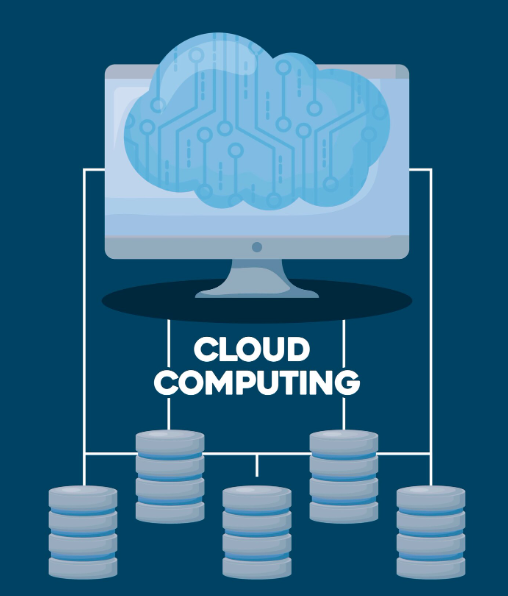Introduction
Big data management and analytics have become increasingly vital for organisations across various industries. With the exponential growth of data, traditional on-premises infrastructure struggles to handle the volume, variety, and velocity of data generated. Cloud computing offers scalable and flexible solutions for big data analytics, enabling organisations to efficiently manage and derive insights from massive datasets.
Leveraging Cloud Computing for Analytics
Here’s how leveraging cloud computing can benefit big data management:
- Scalability: Cloud platforms provide virtually limitless scalability, allowing organisations to scale their computational and storage resources up or down based on demand. This elasticity is particularly advantageous for big data workloads, where processing requirements can vary significantly over time. Businesses in heavily commercialised cities are seeking professionals with cloud computing skills given the transformation to cloud large volumes of data have necessitated. To address this demand, a Data Science Course in Delhi, for instance, will include substantial coverage on cloud computing platforms.
- Cost-effectiveness: Cloud computing offers a pay-as-you-go pricing model, eliminating the need for large upfront investments in infrastructure. Organisations can optimise costs by provisioning resources only when needed and scaling them back during periods of low demand. Additionally, cloud providers often offer discounted pricing options for long-term commitments, further reducing costs. Many organisations are sponsoring data science classes for their workforce given the cost effectiveness that a shift to cloud computing can realise.
- Flexibility: Cloud platforms offer a wide range of managed services and tools specifically designed for big data analytics, such as data lakes, data warehouses, and machine learning services. These services eliminate the need for organisations to manage the underlying infrastructure, allowing them to focus on extracting insights from their data.
- Global Reach: Cloud providers operate data centres in multiple regions around the world, enabling organisations to process and analyse data close to its source. This reduces latency and ensures compliance with data sovereignty regulations.
- Security and Compliance: Cloud providers invest heavily in security measures to protect data from unauthorised access, ensuring that sensitive information remains secure. Additionally, cloud compliance certifications (such as SOC 2, HIPAA, GDPR) help organisations meet regulatory requirements when handling sensitive data. Given the strict adherence to compliance regulations that global business mandates, a Data Science Course in Delhi and such cities where business extends across the globe, would include detailed coverage on security and compliance.
- Integration with Analytical Tools: Cloud platforms offer seamless integration with popular analytical tools and frameworks, such as Apache Hadoop, Apache Spark, and TensorFlow. This allows organisations to leverage their existing tools and expertise while taking advantage of the scalability and flexibility of the cloud.
- Real-time Analytics: Cloud platforms provide the infrastructure and services necessary to perform real-time analytics on streaming data. Organisations can analyse data as it is generated, enabling them to make timely decisions and respond quickly to changing conditions.
- Data Governance and Management: Cloud providers offer robust data governance and management capabilities, including data cataloguing, metadata management, and access controls. These features help organisations maintain data quality, enforce data policies, and ensure compliance with regulatory requirements.
Summary
In summary, leveraging cloud computing for big data analytics enables organisations to efficiently manage and analyse massive datasets while benefiting from scalability, cost-effectiveness, flexibility, security, and compliance. By harnessing the power of the cloud, organisations can unlock valuable insights from their data and gain a competitive edge in today’s data-driven world. Cloud computing skills are increasingly being imparted in any Data Science Course as it has become a professional necessity for a data scientist or a data analyst to operate on cloud platforms and use cloud computing tools.
Business Name: ExcelR – Data Science, Data Analyst, Business Analyst Course Training in Delhi
Address: M 130-131, Inside ABL Work Space,Second Floor, Connaught Cir, Connaught Place, New Delhi, Delhi 110001
Phone: 09632156744
Business Email: enquiry@excelr.com



